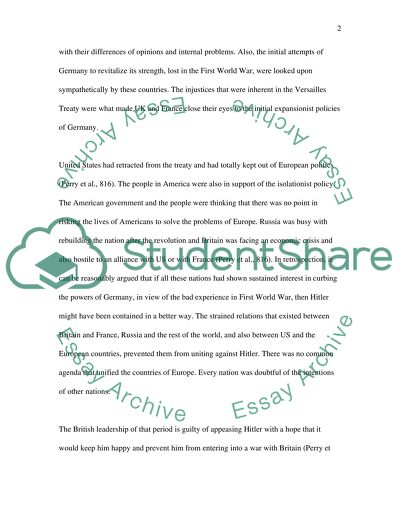Cite this document
(“Course: Diplomatic History, Topic: World War II Essay”, n.d.)
Retrieved from https://studentshare.org/environmental-studies/1415315-course-diplomatic-history-topic-world-war-ii
Retrieved from https://studentshare.org/environmental-studies/1415315-course-diplomatic-history-topic-world-war-ii
(Course: Diplomatic History, Topic: World War II Essay)
https://studentshare.org/environmental-studies/1415315-course-diplomatic-history-topic-world-war-ii.
https://studentshare.org/environmental-studies/1415315-course-diplomatic-history-topic-world-war-ii.
“Course: Diplomatic History, Topic: World War II Essay”, n.d. https://studentshare.org/environmental-studies/1415315-course-diplomatic-history-topic-world-war-ii.


